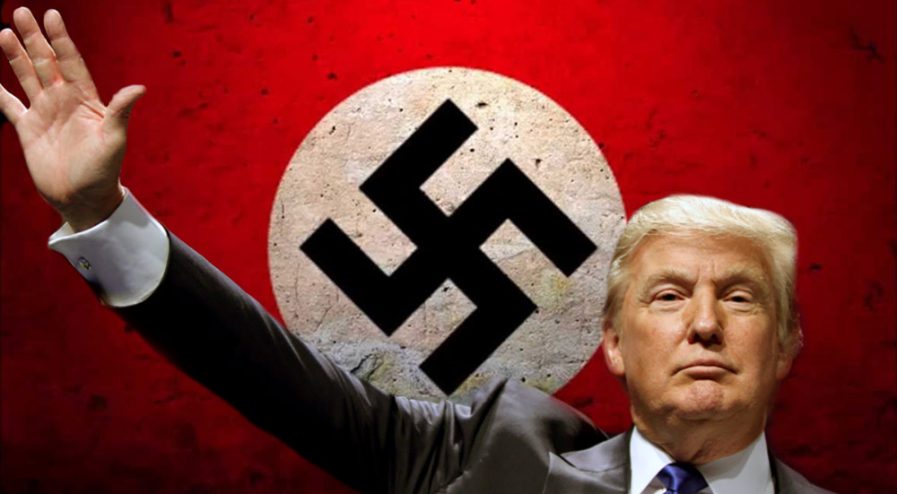Jose Marti was a guy who truly walked the walk. He died in 1895 at the age of 42 in an abortive uprising in Cuba against the Spanish government. He was one of the most prolific and important writers of the Spanish language. He spent 12 years in exile in New York City before returning to Cuba to meet his fate.
The venerable American folk singer Peter Seeger has kept Marti's legend alive, and spread it to English-speaking audiences. Here are a couple of videos of Seeger's tributes.
And again:
Have a happy Independence Day, and be grateful that most of us don't have to die for it the way Jose Marti did. -- MJ
Subscribe to:
Post Comments (Atom)




















4 comments:
Jose Marti was indeed a great freedom fighter and is still revered throughout Cuba, as I saw firsthand in a 2001 visit there. (I may soon do a post about that complete with pictures---we'll see). "Guantanamera" is a beautiful ballad, and I have loved it since I first heard the Sandpipers' lovely and majestic folk/pop/easy listening version of it back in the summer of 1966. I heard it sung many times in Havana, and even got a sing along with it with a small group in a bar while there. Thanks for sharing this Seeger version.
While we're on the theme of Independence Day, here are some untold truths by Howard Zinn:
.....
There are things that happen in the world that are bad, and you want to do something about them. You have a just cause. But our culture is so war prone that we immediately jump from, “This is a good cause” to “This deserves a war.”
You need to be very, very comfortable in making that jump.
The American Revolution-—independence from England--—was a just cause. Why should the colonists here be occupied by and oppressed by England? But therefore, did we have to go to the Revolutionary War?
How many people died in the Revolutionary War?
Nobody ever knows exactly how many people die in wars, but it’s likely that 25,000 to 50,000 people died in this one. So let’s take the lower figure—25,000 people died out of a population of three million. That would be equivalent today to two and a half million people dying to get England off our backs.
You might consider that worth it, or you might not.
Canada is independent of England, isn’t it? I think so. Not a bad society. Canadians have good health care. They have a lot of things we don’t have. They didn’t fight a bloody revolutionary war. Why do we assume that we had to fight a bloody revolutionary war to get rid of England?
In the year before those famous shots were fired, farmers in Western Massachusetts had driven the British government out without firing a single shot. They had assembled by the thousands and thousands around courthouses and colonial offices and they had just taken over and they said goodbye to the British officials. It was a nonviolent revolution that took place. But then came Lexington and Concord, and the revolution became violent, and it was run not by the farmers but by the Founding Fathers. The farmers were rather poor; the Founding Fathers were rather rich.
Who actually gained from that victory over England? It’s very important to ask about any policy, and especially about war: Who gained what? And it’s very important to notice differences among the various parts of the population. That’s one thing we're not accustomed to in this country because we don’t think in class terms. We think, “Oh, we all have the same interests.” For instance, we think that we all had the same interests in independence from England. We did not have all the same interests.
Do you think the Indians cared about independence from England? No, in fact, the Indians were unhappy that we won independence from England, because England had set a line—in the Proclamation of 1763—that said you couldn’t go westward into Indian territory. They didn’t do it because they loved the Indians. They didn’t want trouble. When Britain was defeated in the Revolutionary War, that line was eliminated, and now the way was open for the colonists to move westward across the continent, which they did for the next 100 years, committing massacres and making sure that they destroyed Indian civilization.
So when you look at the American Revolution, there’s a fact that you have to take into consideration. Indians—no, they didn’t benefit.
Did blacks benefit from the American Revolution?
Slavery was there before. Slavery was there after. Not only that, we wrote slavery into the Constitution. We legitimized it.
What about class divisions?
Did ordinary white farmers have the same interest in the revolution as a John Hancock or Morris or Madison or Jefferson or the slaveholders or the bondholders? Not really.
More at:
http://www.progressive.org/zinn070309.html
Hi, Anon:
You remind me of something I read when much younger.
Dalton Trumbo, in a later preface to his (supressed) classic 1938 novel "Johnny Got His Gun," commented about the fact that Canada is "now" (this was as of about 1970) a society just as "free" as ours, and just as democratic. (Here in 2009, to be honest, I wouldn't mind moving up there, especially in the middle of these god-awful Texas summers) Point is, they didn't fight the Brits, and yet they ended up being a country just as free and democratic as the U.S. And with less bloodshed. Most Americans will never ponder on this.
Anon -- Oh, by the way, I do know who Howard Zinn is. Can't say I've read enough of his work. I am grateful that he lives and works.
Post a Comment